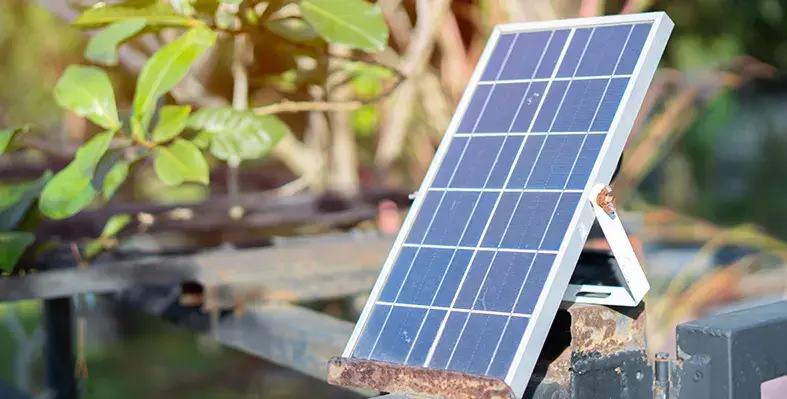Sierra Leone’s president Julius Maada Bio has launched a new solar mini grid power initiative as part of efforts to green its energy sector and bring more electricity to previously underserved communities
The Salone Off-grid Renewable Energy Acceleration Initiative (SOGREA) is a collaboration between the Sierra Leone government, the European Union (EU) and the United Nations Office for Project Services (UNOPS).
SOGREA aims to increase energy access in rural communities across the country by 2027, deploying at least 5.2 megawatts peak (MWp) of solar generation capacity through the installation of mini grids.
The project is set to benefit 25,000 households and 2,800 businesses across approximately 60 communities, offering them reliable, clean and affordable electricity for the first time.
“Taking energy to the people is key,” said Maada Bio. “This project is a significant milestone. It demonstrates mutual trust and confidence with our partners, especially at a time when development assistance is dwindling globally. This shows we still enjoy goodwill.”
The president also insisted that his government remains committed to nurturing the necessary legal and regulatory frameworks to foster a successful clean energy sector.
“I am aware of the revised regulations for the Sierra Leone Electricity and Water Regulatory Commission (SLEWRC), and my government will ensure Parliament sets the required legal framework to support implementation,” added Maada Bio.
“Together, we will make electricity accessible to all and no one will be left behind.”
At the heart of the SOGREA initiative is a ‘catalytic investment model’ to blend public and private sector support to create a favourable ecosystem for mini grid development.
Sierra Leone Energy Sector Lead, Dr. Kandeh Yumkella, a driving force behind the initiative, added that over the last two years, critical groundwork had been laid, including the revision of existing regulations under the EWRC Act, and the design of investment incentives to attract private developers.
The investment model includes reimbursement schemes, leveraging of additional financing, and regulatory mechanisms to bridge the gap between tariffs and what rural communities can afford and enabling private sector entities to develop, finance, own and operate their own solar minigrids.
The EU’s total investment in the initiative stands at €34mn (US$39mn).
“We are proud to support a project of this magnitude,” said ambassador Jacek Jankowski, head of the EU delegation to Sierra Leone, calling it “major milestone” in the country’s pursuit of clean energy and rural transformation.
Read more:
Sierra Leone's first 5G network powered by renewables












